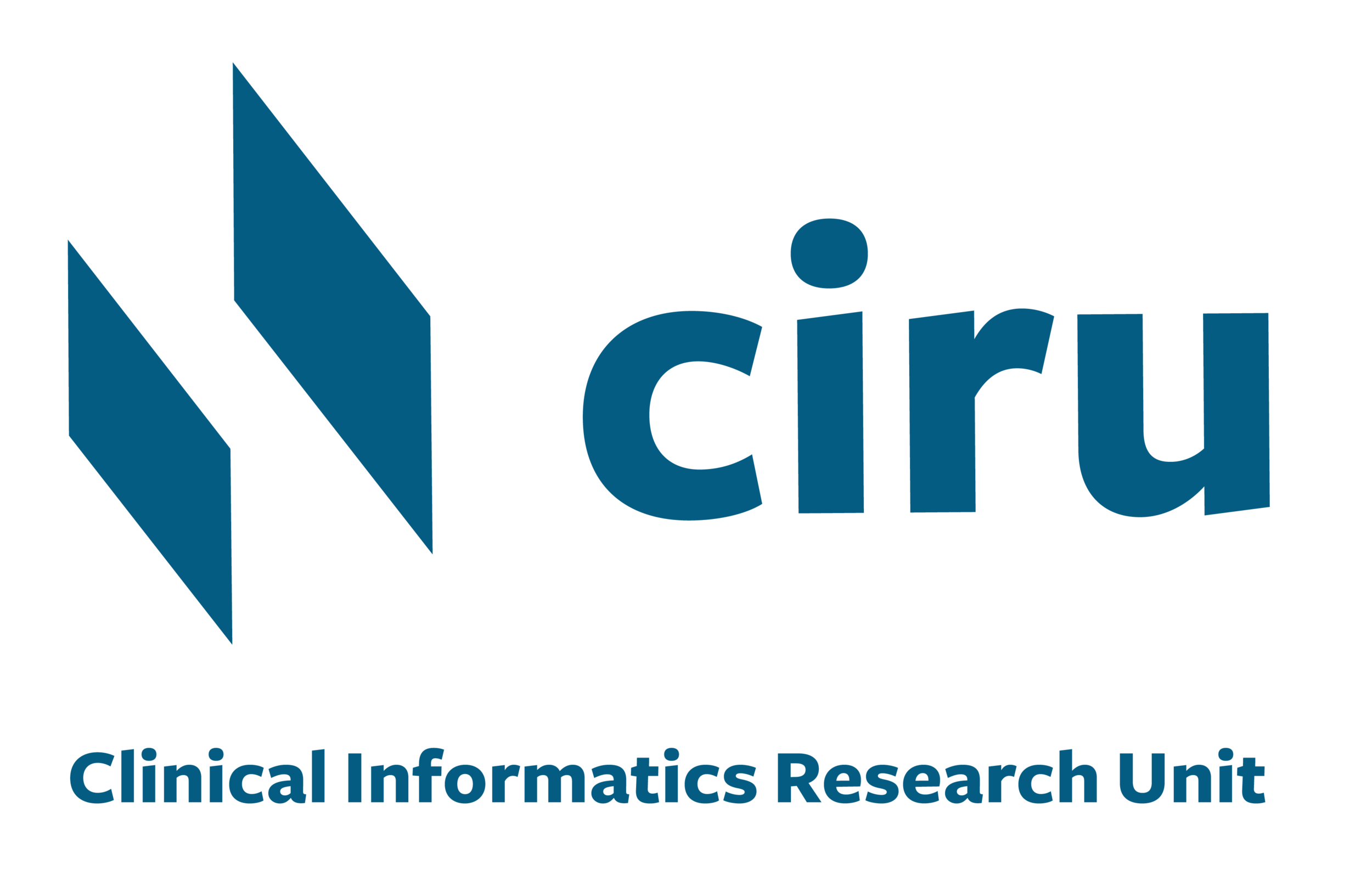Urgent COVID-19 quantitative & qualitative data collection in Ghana & Togo
– supporting pandemic planning & response
Pour visualiser cette page en français (To view this page in French) click here.
Provisional results
We have now completed our survey of the Ghana population around their views, knowledge and attitudes towards COVID-19. This survey included questions such as control measures such as social distancing and hand-hygiene, and aspects such as their mental and financial wellbeing. Over 3000 people completed the survey in a time frame of around 3 weeks. Click here for the open-access provisional report of the findings (in PDF format) and here to read some provisional findings from our conversations with Ghanaian policymakers.
Funding – University of Southampton Strategic Development Fund (£61k)
Timeframe – June to November 2020 (6 months)
Ethical approval - via University of Southampton Ethics Committee, reference number ERGO 57267
Summary of activities in this rapid-response project:
a) Using the Cognate Systems platform, Opine Health, we will collect data from mobile phones in specific urban/rural districts in Ghana (and explore similar in Togo), asking respondents about COVID-related symptoms. This will gain insight into potential prevalence of COVID-19 in those districts. Messages will be sent out via Unstructured Supplementary Service Data messages (USSD), thus any mobile phone can be used (not just smart phones). Data is held securely. Participants will not be required to give their name, or their precise location.
Participant information form
Please click here for a draft participant information form. As of 05 October 2020, this has been submitted to the Ghana Health Service ethics committee. We will upload here any revised forms.
Togo & Ghana & Africa figure map
b) A short survey will be sent to Ghanaians with smartphones, to explore their knowledge and attitudes towards COVID-19, control measures such as social distancing and hand-hygiene, and aspects such as their mental and financial wellbeing.
This survey is now carried out and completed. We were delighted to receive over 3000 participants, which was an excellent response.
Click here for the open-access provisional report of the findings (in PDF format). This is being disseminated among stakeholders within Ghana, and internationally.
c) PACKS Africa (Ghana) will have conversations with Ghana/Togo policymakers to consider pandemic response, and research priorities for the inter-pandemic period
How to take part –We have a list of people with who we are keen to have a conversation. However, if you are a decision-maker or policymaker in Ghana or Togo (for example, district health director, Ministry staff) and are keen to provide your thoughts, do get in touch.
d) CROP (Togo) will carry out a population telephone survey. As of October 05, 2020, this is under ethical review with the bioethics research committee in Togo. It has been approved internally at the University of Southampton.
Project partners
Ghana
Kirchuffs Atengble, Executive Director, PACKS Africa
Laud Boateng, Cognate Systems and Visiting Academic University of Southampton
Kwabena Nuamah, Co-founder, Cognate Systems
Kingsley Osei, Co-founder, Cognate Systems
Togo
Hervé Akinocho, Director CROP Togo
Jean-Paul Fantognon, District Health Director, Djarkpanga
UK
James Batchelor, Director Clinical Informatics Research Unit
Michael Head, Senior Research Fellow in Global Health
Ken Brackstone, Research Analyst
Lay summary of the project (non-technical explanation)
COVID-19 is an infectious disease caused by a new type of coronavirus. The pandemic is having a big impact in all countries, including Ghana and Togo (for international readers, neighbouring countries in West Africa). There are direct effects like cases and deaths from COVID-19, and also indirect impacts such as loss of jobs, or effects on other areas of health. Here, we aim to quickly explore a few aspects of the pandemic including – a) using mobile phones to report symptoms that are similar to COVID-19, to see if this allows health service teams to better respond to local outbreaks; b) survey of the general public in Ghana, to find out more about public knowledge and how COVID-19 has affected them; and c) to speak with policymakers and decision-makers in both Ghana and Togo, to explore what has and hasn’t worked well during the pandemic response, and to identify key research questions that can best support future responses during big outbreaks of disease. We are focusing our efforts in areas where there are existing research links and relationships with the University of Southampton. Here these are Nkwanta North and Nkwanta South districts, Oti region; and Ashaiman and Kpone-Katamanso, Greater Accra.
Planned study outputs
We will send our findings to relevant stakeholders in Ghana and Togo as rapidly as possible (in near real-time). Beyond the urgent dissemination of results, our team will write journal papers (for an academic audience), policy briefs (for decision-makers), and also a lay summary (for the general public).
Key study contacts
Dr Laud Boateng, laudex9@gmail.com
Dr Michael Head, m.head@soton.ac.uk


